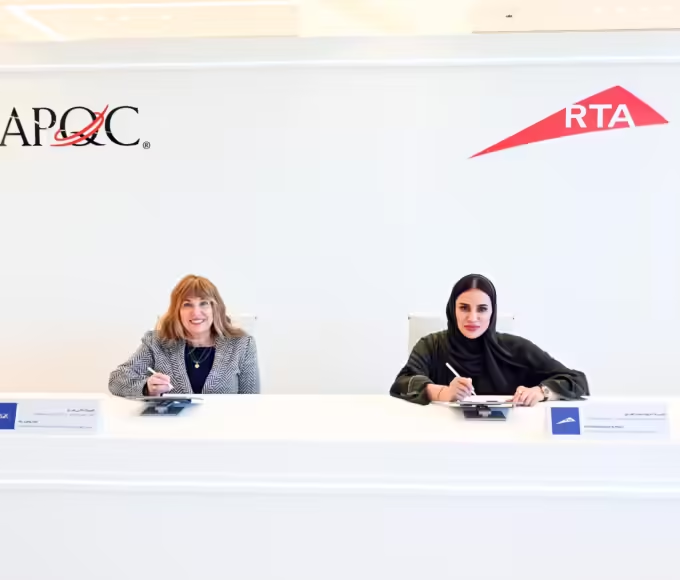As the holy month of Ramadan approaches, people in the United Arab Emirates (UAE) get ready for a special time of the year. Ramadan will start on March 12, 2024, according to the Islamic calendar.
Work Hours Get Shorter
During the holy month, both fasting and non-fasting workers in the UAE have shorter work hours. This allows everyone to take part in spiritual activities and traditions. The government usually announces these reduced hours for both public and private sector employees. While some jobs might need longer hours, most people in the private sector will work two hours less each day. Government offices close early, with employees working six hours instead of the usual eight.
School Days Change
School days are shorter during Ramadan, typically lasting five hours. Some schools might also close for the first three weeks of the month, which usually aligns with either the spring or end-of-term break.
Parking Rules Adjust
Paid parking rules change during the holy month, but the specific details are usually announced closer to the start of the month. Last year in Dubai, parking fees were applied from 8 am to 6 pm and from 8 pm to 12 midnight on weekdays, with two hours of free parking provided during the day. Similarly, in Sharjah, fees were charged from 8 am to midnight from Saturday to Thursday.
Also read: Amazon UAE Announces Exciting Ramadan Sale With Up To 70% Discounts
Eateries Remain Open
Most restaurants and cafes in Dubai continue to operate as usual during Ramadan. While non-Muslims are not required to avoid eating or drinking in public during fasting hours, some might choose to do so out of respect for those who are fasting.
Special Meals at Iftar
Iftar, the meal that breaks the fast at sunset, is a significant event during Ramadan. It’s a time for families and friends to come together and enjoy a special meal. Many hotels and restaurants in Dubai offer special Iftar menus and discounts during this time.
Ramadan Prayers and Community
With shorter work hours, fasting Muslims have more time to attend mosques for prayers, especially for Taraweeh prayers after the evening prayer. Mosques are usually busy, with many people participating in spiritual activities.
As Ramadan approaches, people in the UAE look forward to a time of reflection, community, and cultural observance. From adjusted work schedules to vibrant Iftar gatherings, Ramadan brings a unique and enriching experience for everyone in the UAE.
Also read: Dubai’s Global Village Extends Ramadan Timings: What You Need To Know









Leave a comment